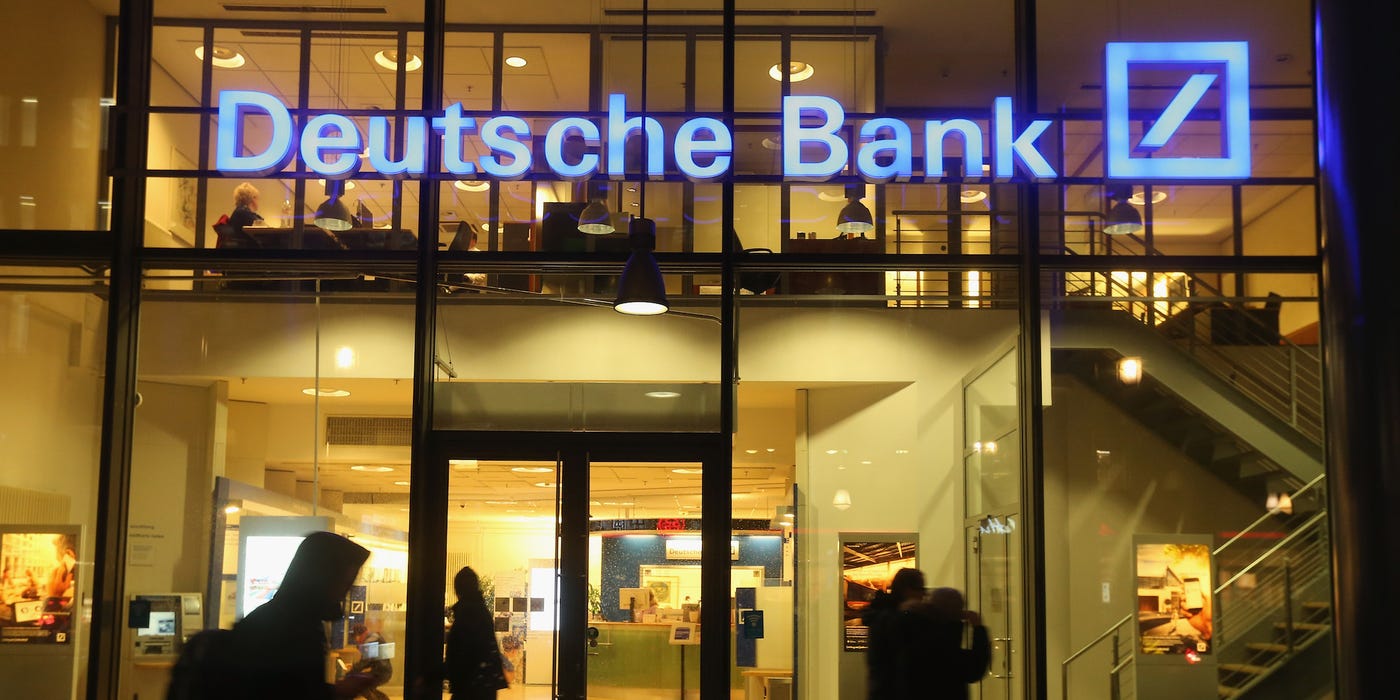
Struggling German banking giant Deutsche Bank is reportedly in the advanced stage of negotiations to sell IT services division Postbank Systems.
Asia’s biggest software exporter by market value Tata Consultancy Services (TCS) is said to be leading the race to acquire the business, Bloomberg reported.
The deal involves a complete takeover of Postbank Systems, which employs approximately 1,400 employees.
The move is part of the German banking group’s strategy to achieve its goal to reduce its headcount by 18,000 employees to slash costs.
Citing an undisclosed source, the publication reported that the talks may result in a deal with TCS by the end of the year.
According to The Economic Times, the deal could be “even bigger than a billion-dollar deal.”
How well do you really know your competitors?
Access the most comprehensive Company Profiles on the market, powered by GlobalData. Save hours of research. Gain competitive edge.

Thank you!
Your download email will arrive shortly
Not ready to buy yet? Download a free sample
We are confident about the unique quality of our Company Profiles. However, we want you to make the most beneficial decision for your business, so we offer a free sample that you can download by submitting the below form
By GlobalDataIt is expected that TCS may make an upfront payment for the acquisition and also ink a long-term technology outsourcing contract with the German banking group.
The report added that another Indian tech major Tech Mahindra was also in fray to acquire the IT services arm of Deutsche Bank.
Representatives of both the companies declined to comment over the reports.
TCS, which employs more than 450,000 employees across the globe, acquired Citigroup’s back-office unit $505m in 2008.
In May, Deutsche Bank resumed retrenching employees and its top executives agreed to surrender one-month salaries to help the organisation save costs amidst the Covid-19 crisis.
The bank had put 18,000 job cuts on hold in March, which accounts for 20% of its workforce, to support its employees during the pandemic.






